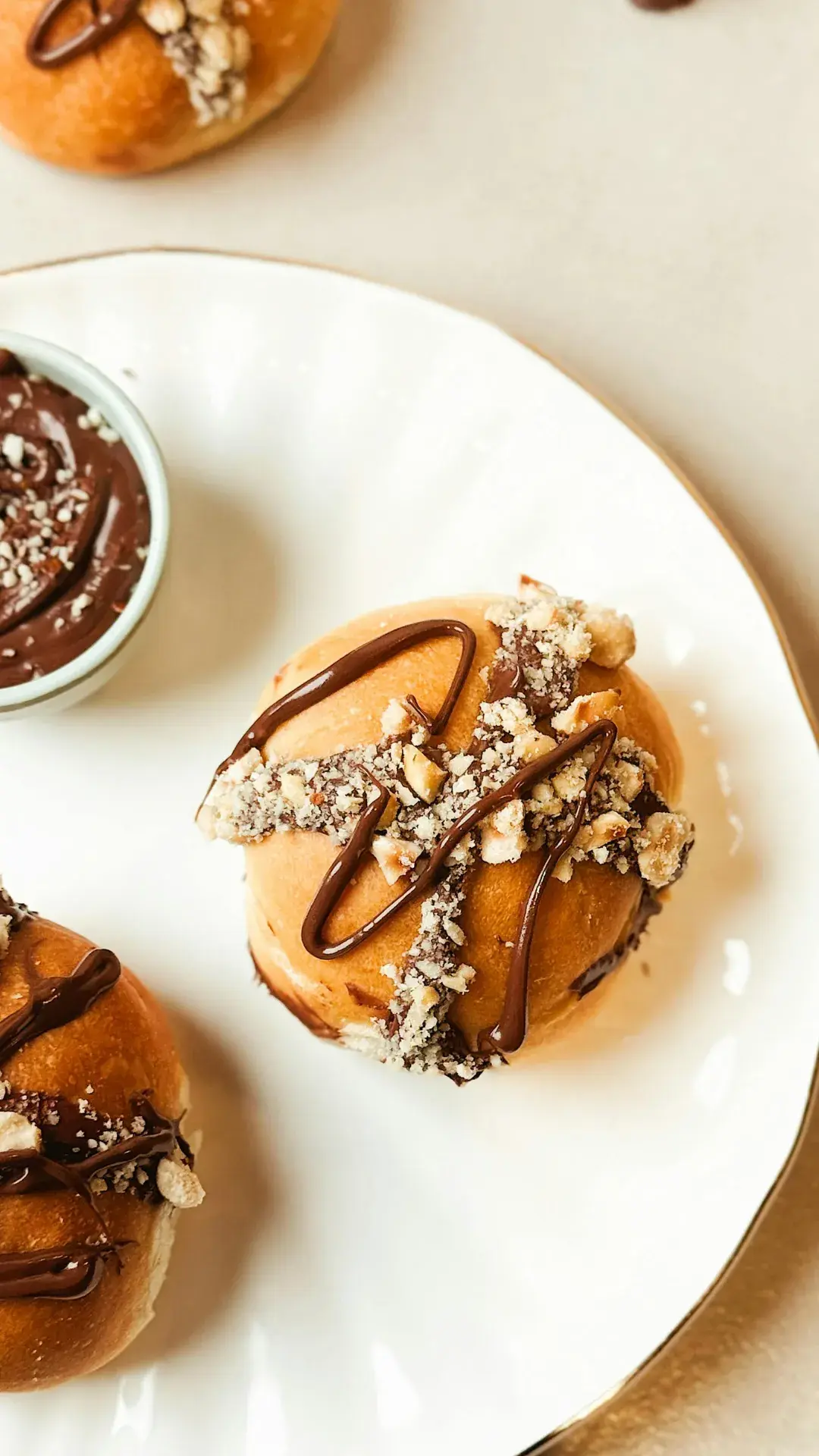Smoothies need more than fruit. Add nuts right to build body. Want to make a Fruit Chocolate Smoothie with Cashews? Read to know how.

What’s missing when your smoothie feels too thin or leaves you hungry half an hour later? It’s not just about the fruit or the chill. Often, it comes down to one silent element—nuts. Used right, they bring structure, depth, and quiet richness to any cold blend. But they need precision, not just guesswork.
In Indian kitchens, cashews and almonds have always been around—ground into sweets, added to kormas, and served at festivals. Smoothies, though? That's a recent history. But with the right combination of fruit, combined with nuts, used intelligently, nuts open up a whole other world of these drinks. They prevent the drink from being cloyingly sweet and diluted. They make it worthwhile.
Let's discuss the Fruit Chocolate Smoothie with Cashews, for example. Without an intelligent nut plan, the beverage doesn't hold. It falls apart. It breaks its line. With proper action, however, cashews can hold chocolate and fruit together, with a mouthfeel that reads smooth and deliberate.
If you’ve been tossing raw nuts into the blender and wondering why your smoothie doesn’t quite work, it’s time to rethink. Here are seven clear, grounded methods for blending nuts perfectly into fruit smoothies—ones that build structure without heaviness.
1. Always Soak Your Nuts Before Blending—At Least Four Hours

Soaked nuts are the foundation of a smooth, full-bodied blend. Dry nuts, even in high-speed blenders, don’t break down evenly. Soak cashews, almonds, or walnuts in water for four hours minimum. Overnight is ideal. Soaking accomplishes two things: it softens the nuts and makes them digestible. It also lessens the likelihood of grittiness and allows them to bind better with fruit. For cashews specifically, four to six hours transforms them into a natural cream—thick, neutral, and able to carry sharper ingredients like chocolate or citrus. Always rinse and drain before using.
2. Blend Nuts Separately First for a Smoother Base

Here's the most missed step, beginning with the nuts, not the fruit. Blend your soaked nuts with some water or milk and blend them into a paste before adding anything else. This pre-blend phase allows the nuts to fully break down and create a uniform base. After they've reached a smooth consistency, you can add fruits and other mix-ins. This sequence is important. If you add all of it at once, the blades tend to favor the soft fruits, and the nuts remain partially crushed. This deranges the smoothie's consistency and produces bumpy grit.
3. Use Nut Butters When Time or Equipment Is Limited

Not everyone has time to soak and blend, or the mixer to achieve a fine finish. In that situation, go for pure nut butters. A spoonful of unsweetened cashew, almond, or peanut butter can replace whole nuts in most smoothie recipes. Nut butters mix easily and smoothly, and they carry the character and body of the nut itself. They're particularly helpful in colder smoothies where raw soaked nuts would thicken again. Cashew butter provides the shortest cut in the Fruit Chocolate Smoothie with Cashews—clean, neutral, and rich without overpowering the fruit or chocolate.
4. Balance Nut Quantity—Don't Let It Take Over the Fruit
More isn't always better. A little over 2 tablespoons of nuts soaked or nut butter per glass of smoothie will do. Beyond that, the drink begins to become dense, even chalky. The nuts should provide the structure for the smoothie, not the structure. Fruits must still be the center. In the Cashew in the Fruit Chocolate Smoothie, the cashew is a behind-the-scenes force—it reinforces the banana or mango and becomes part of the chocolate. Overdoing it makes the smoothie muddy and unpleasant to drink. Don't do that. Be aware of your limits, and measure accordingly.
5. Roast or Toast for Depth—but Use Sparingly

Raw soaked nuts make things tame. But roasting them first before soaking brings a deep richness—particularly for almonds, peanuts, or cashews. Dry roasting in a pan or oven releases natural oils and deepens the flavor profile. But this is not always appropriate for fruity smoothies. Apply this method when fruit is strong and sweet (banana or chikoo), or bitter chocolate. It provides a grounded bottom to the smoothie. Always soak the roasted nuts prior to use to preserve their blendability. For a Cashew Fruit Chocolate Smoothie, a light roast is suitable when used with dark chocolate—it makes the beverage have a slight change without dominating the fruit.
6. Add Liquid Gradually—Watch the Blend
The distinction between a thick, well-structured smoothie and a watery disaster can be as little as 30 ml of additional liquid. Begin blending with only enough liquid to turn the blades, and add in stages. This stops the nuts from becoming watered down and also allows them to create a stronger base. This method is particularly helpful if you are using frozen fruit. If you add all your water or milk at once, you may end up shattering the smoothie body. Adding gradually allows you to observe how the nut and fruit base is coming together.
7. End With Contrast—Salt, Spice, or Citrus Zest
After your smoothie base has been constructed, you require a finishing touch. This is what brings the drink to life and prevents the nut element from being soggy or bland. A dash of sea salt, a sprinkle of cardamom, or even an orange or lemon zest strip provides bite. These are not garnishes. They change the entire sensibility of the smoothie. Salt brings sweetness into relief. Spices connect the fruit and the nut. Citrus zest elevates the chocolate.
Like This Article?
More Like This




Popular Articles





Trending Web Stories
Curated Recipes


















